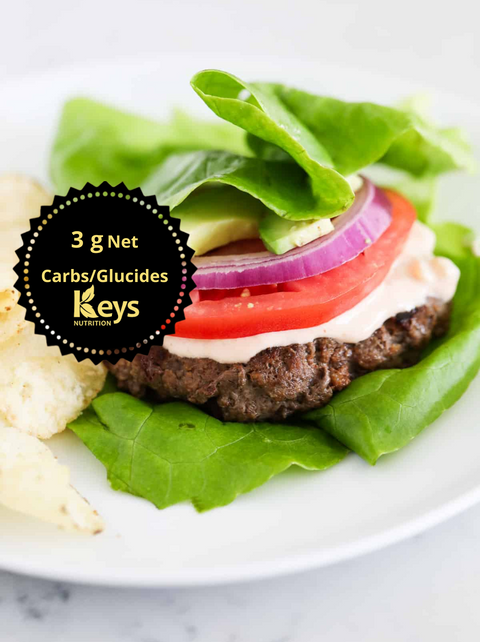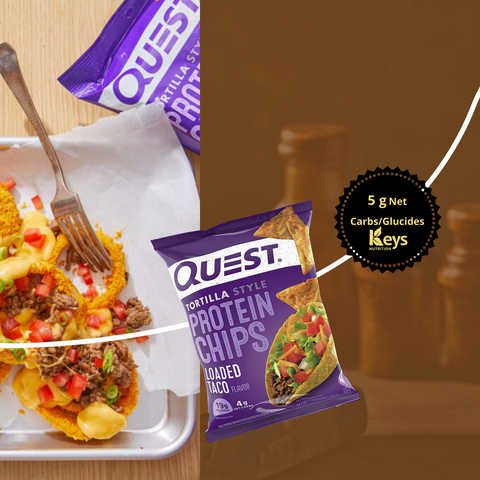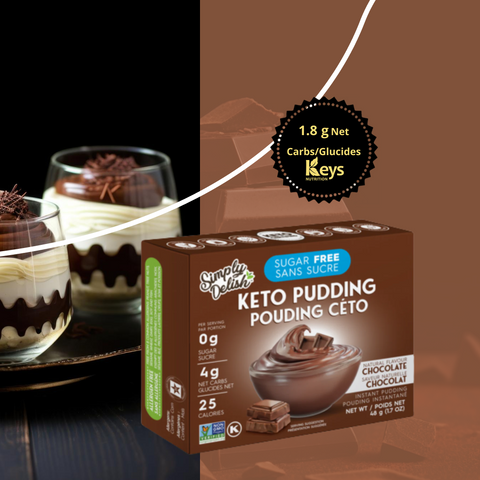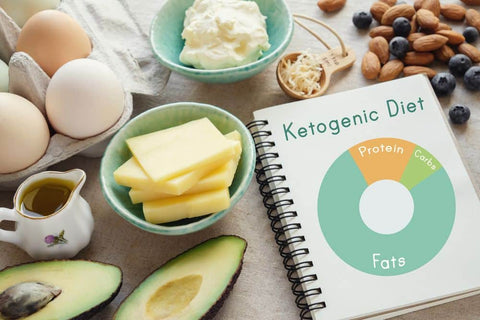Pickling eggs is a practice that dates back centuries, offering a delicious and practical way to preserve this staple food. Whether you're a home cook looking to try something new or a seasoned canner aiming to perfect your technique, this guide will take you through everything you need to know about pickling eggs. From the historical background to the modern methods, the health benefits, and some creative recipe ideas, we have you covered.
Historical Background
Pickling, as a method of food preservation, has been around for thousands of years. The process of immersing food in a solution of vinegar and spices dates back to ancient civilizations, where it was crucial for ensuring a stable food supply during harsh seasons. Eggs, being a highly perishable item, were naturally a candidate for this method. Over time, pickled eggs have evolved from a necessity into a culinary tradition, particularly in countries like Germany, the UK, and the USA.
The Science Behind Pickling
Pickling is a method of fermentation, which involves the use of an acidic solution to preserve food. When eggs are pickled, the acetic acid in the vinegar penetrates the eggs, creating an environment that inhibits the growth of bacteria. This not only extends the shelf life of the eggs but also imparts a distinctive tart flavor.
The process of pickling eggs involves several key steps:
Boiling the Eggs: The eggs are hard-boiled to ensure they are fully cooked and safe to eat.
Preparing the Pickling Solution: A mixture of vinegar, water, salt, and spices is heated and then cooled.
Marinating the Eggs: The boiled eggs are placed in a jar, covered with the pickling solution, and left to marinate for at least a few days.
Health Benefits of Pickled Eggs
Pickled eggs are not only delicious but also offer several health benefits:
Rich in Protein: Eggs are an excellent source of high-quality protein, essential for muscle repair and growth.
Good Source of Vitamins and Minerals: Eggs contain vitamins A, D, E, and B12, along with minerals like selenium and iodine.
Probiotic Properties: The pickling process can promote the growth of beneficial bacteria, aiding digestion and gut health.
Step-by-Step Guide to Pickling Eggs
Ingredients:
- 12 large eggs
- 2 cups white vinegar
- 1 cup water
- 1 tablespoon salt
- 1 tablespoon sugar
Spices (optional): bay leaves, peppercorns, mustard seeds, garlic, dill, etc.
Creative Pickling Recipes
Spicy Pickled Eggs
For those who enjoy a bit of heat, adding jalapeños or hot sauce to the pickling solution can create a fiery snack.
Beet Pickled Eggs
Adding beet juice to the pickling solution not only gives the eggs a vibrant pink color but also adds a subtle sweetness. This variation is particularly popular in Pennsylvania Dutch cuisine.
Curried Pickled Eggs
Incorporate curry powder or turmeric into the pickling solution for an exotic twist. This variation pairs well with Indian dishes and adds a unique flavor profile to the eggs.
Pairing Pickled Eggs with Meals

Pickled eggs are incredibly versatile and can be enjoyed in various ways:
As a Snack: Simply eat them on their own for a protein-packed snack.
In Salads: Add sliced pickled eggs to salads for extra flavor and nutrition.
With Sandwiches: Use them as a tangy addition to sandwiches and burgers.
In Deviled Eggs: Replace regular boiled eggs with pickled eggs for a zesty twist on this classic appetizer.
Additional Tips and Techniques for Perfect Pickled Eggs
1. Choosing the Right Eggs
When it comes to pickling eggs, the quality of the eggs you choose can make a significant difference in the final product. Here are some tips to ensure you select the best eggs for pickling:
Freshness: Use the freshest eggs possible to ensure the best texture and taste.
Size: Medium to large eggs work best for pickling. Smaller eggs might become too soft, while extra-large eggs might not absorb the brine as effectively.
Quality: Organic or free-range eggs often have a richer flavor and firmer texture, making them ideal for pickling.
2. Sterilizing Jars and Equipment
Proper sterilization of jars and equipment is crucial to prevent contamination and ensure the longevity of your pickled eggs. Follow these steps for effective sterilization:
Wash: Clean jars, lids, and any utensils with hot, soapy water.
Boil: Boil the jars and lids in water for at least 10 minutes. Make sure they are completely submerged.
Dry: Allow the jars and lids to air dry on a clean towel or rack. Do not wipe them with a cloth, as this can introduce new bacteria.
3. Flavor Variations and Enhancements
While the basic pickling solution is straightforward, adding different herbs, spices, and flavors can elevate your pickled eggs. Consider these variations:
Herbs: Fresh dill, rosemary, or thyme can add aromatic flavors.
Spices: Experiment with cinnamon sticks, cloves, or allspice for a unique taste.
Citrus: Add lemon or lime zest to the pickling solution for a refreshing twist.
4. Safety and Storage Tips
Ensuring your pickled eggs are safe to eat involves careful handling and storage. Keep these tips in mind:
Refrigeration: Always store pickled eggs in the refrigerator, as room temperature can promote bacterial growth.
Labeling: Label your jars with the date of pickling to keep track of their age.
Inspection: Before consuming, inspect the eggs for any signs of spoilage, such as off-odors, discoloration, or mold.
5. Serving Suggestions
Pickled eggs are versatile and can be used in a variety of dishes. Here are some creative serving ideas:
Charcuterie Boards: Add pickled eggs to your charcuterie boards for a tangy, protein-rich component.
Egg Salad: Chop pickled eggs and mix them with mayonnaise, mustard, and celery for a flavorful egg salad.
Garnish: Use slices of pickled eggs as a garnish for soups, stews, or Bloody Mary cocktails.
By following these additional tips and techniques, you can create delicious and safe pickled eggs that are perfect for any occasion. Whether you're new to pickling or looking to refine your skills, these pointers will help you achieve the best results. Enjoy experimenting with different flavors and serving ideas to make the most of this timeless culinary tradition.
Keys Nutrition and the Benefits of Pickled Eggs
Keys Nutrition is committed to promoting a healthy lifestyle through balanced nutrition and natural foods. Pickled eggs align perfectly with this philosophy, offering a nutritious, protein-rich option that supports muscle health and overall well-being. By incorporating pickled eggs into your diet, you can enjoy a convenient and tasty way to meet your nutritional needs.
FAQs
-
How long do pickled eggs last?
Pickled eggs can last up to 3-4 months when stored in the refrigerator. It's important to keep them refrigerated to ensure they remain safe to eat.
-
Can you pickle eggs without vinegar?
While vinegar is the traditional acid used for pickling, you can use other acidic solutions like lemon juice or a mixture of vinegar and lemon juice. However, vinegar is preferred for its preservative qualities and flavor.
-
What kind of vinegar is best for pickling eggs?
White vinegar is commonly used due to its neutral flavor and color. However, you can experiment with apple cider vinegar, white wine vinegar, or even rice vinegar for different flavor profiles.
-
Are pickled eggs keto-friendly?
Yes, pickled eggs are low in carbs and high in protein, making them an excellent choice for a ketogenic diet.
-
Can you reuse the pickling brine?
It's not recommended to reuse pickling brine for safety reasons. The brine may have absorbed bacteria from the eggs, which could spoil the new batch. Always make a fresh brine for each pickling process.
Conclusion
Pickled eggs are a delightful way to preserve eggs while adding a tangy twist to your meals. With their rich history, simple preparation process, and numerous health benefits, pickled eggs are a versatile addition to any diet. Whether you prefer them spicy, sweet, or curried, there's a pickling recipe to suit every palate. Plus, they align perfectly with our health-focused philosophy of making them a nutritious and convenient option for anyone looking to boost their protein intake. So, why not give pickling eggs a try and enjoy this timeless culinary tradition?





